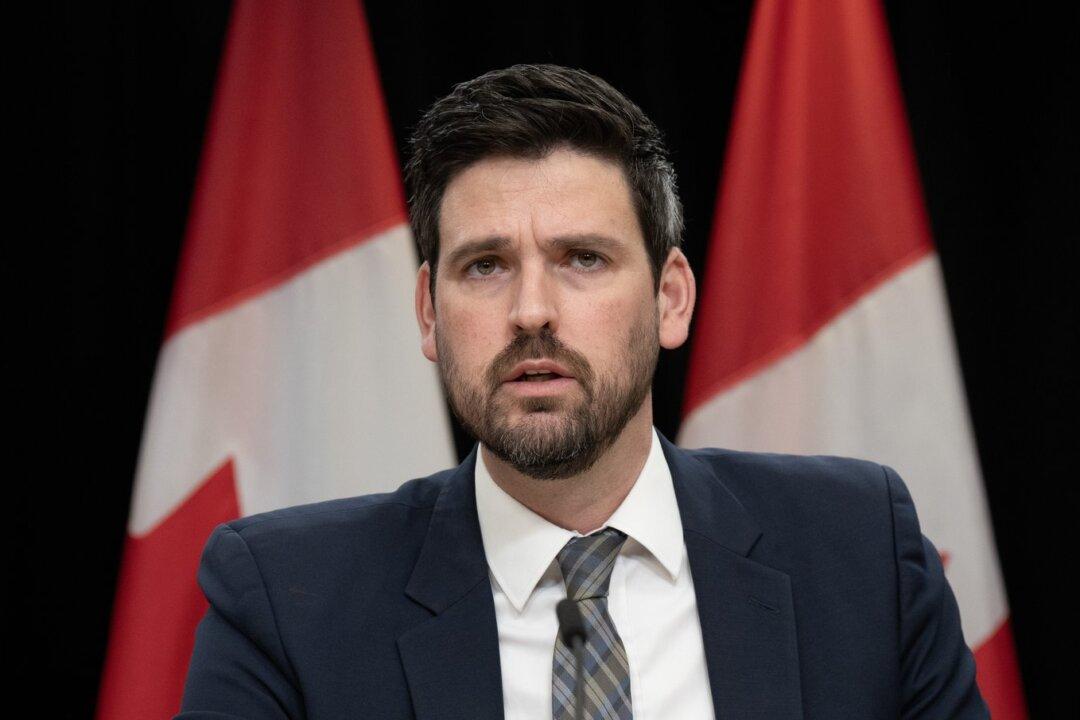Several provinces are raising questions about a $6 billion housing infrastructure investment that Prime Minister Justin Trudeau announced will be part of the upcoming budget.
Mr. Trudeau announced the funds on April 2, but they come with conditions, including a requirement for more duplexes, triplexes, and similar style homes. Provinces will also need to adopt the recently announced renters’ bill of rights to access the funds. A three-year freeze on development charges and the adoption of the National Buiding Code of Canada are expected before funds are doled out.





